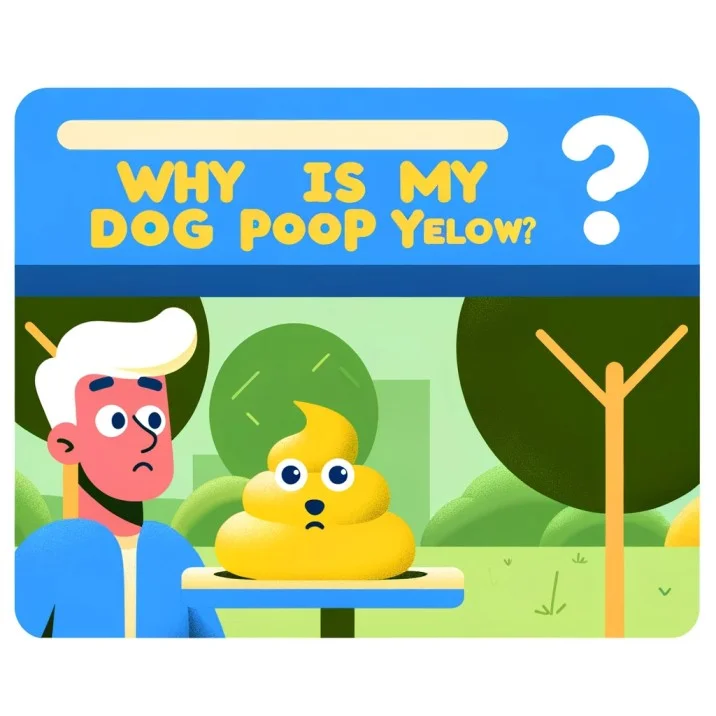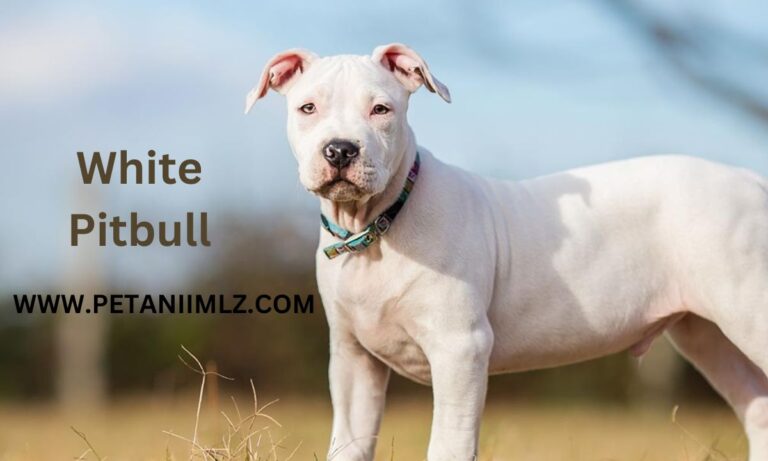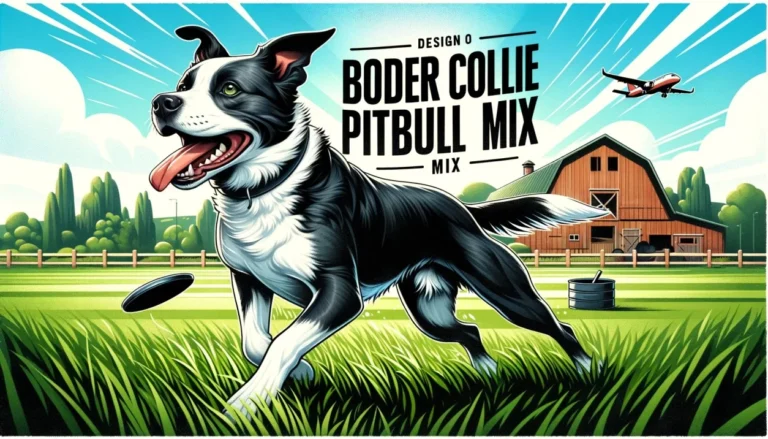Yellow Dog Poop: Why is My Dog’s Poop Yellow?
Introduction
In this article we deal with the reasons behind yellow dog poop, Dogs are cherished companions, and their fitness and nicely-being are of utmost importance to pet owners. One aspect in their fitness that frequently increases concerns is the shade and consistency of their stool. A commonplace trouble that dog owners might also encounter is yellow poop, which can be alarming and difficult.
Unlike people, puppies can’t speak their soreness or fitness issues directly, so it is as much as us to be vigilant and interpret the signs they show us. Stool and urine are key signs of a dog’s fitness, as they regularly mirror what a canine has ingested and how their body is processing food. Understanding the reasons behind yellow stool is critical for dog proprietors.
As it may point to diverse underlying issues, ranging from nutritional indiscretions, together with consuming non-meals gadgets, to more severe health concerns. Dogs are certainly curious and might eat beside the point gadgets, that could result in gastrointestinal misery and changes in stool coloration.
Additionally, a humdrum weight loss plan can on occasion make contributions to digestive problems, highlighting the need for a varied and balanced diet. In this article, we will discover the ability causes of yellow poop in puppies, preventive measures, and steps to ensure your bushy buddy stays healthful and happy.
YELLOW DOG POOP: PET BETTETR WITH PET CIRCLE
Yellow dog poop can be a signal that something is not pretty right with your pet’s digestive device. It often indicates that meals is moving too fast via the intestines, leading to bile imbalance. Common reasons of yellow dog poop can include nutritional indiscretions, like ingesting non-meals items, surprising modifications in food plan, or low-quality meals. Parasites, infections, or even stress are also can bring about yellow stool.
Keeping your pet healthy entails monitoring their weight loss plan and digestive fitness intently. If you notice persistent yellow poop, it’s pleasant to consult a veterinarian via services like Pet Circle, which offers professional recommendation, pet components, and fitness care tips to make certain your hairy friend stays in optimum condition.
Why is My Dog’s Poop Yellow
Causes of Yellow Dog Poop
Causes behind dogs’ yellow poop and precautions to treat it
if your dog poop yellow then it means that there is something wrong with its liver, pancreas and gallbladder because they play important role in digestion of food and if there is bacterial infection in intestine then digestion can also be disturbed because these organs produce enzymes for digestion and if there is infection in intestine then enzymes can be disable and digestion can be prohibited and your pet pass yellow stool.
Precautions:
if you notice that your dog passes yellow stool then you should adopt these precautionary measurements.
Keep check on dogs out door activities: if your pets go through such type of stomach problem then you should keep check on their outdoor activities for notice that what type of stuff they are eating by themselves.
Give them food in a small portion: if your pets pass yellow stool then give them food in a small portion which their stomach can easily digest and if they get hungry after sometime then give then another small portion.
Give them soft food: if your dog’s passes yellow stole then tries to give soft food like if your dogs like to eat meat then give them in a cook form. And also give them some green veggies because green veggies are very helpful to cure stomach issues.
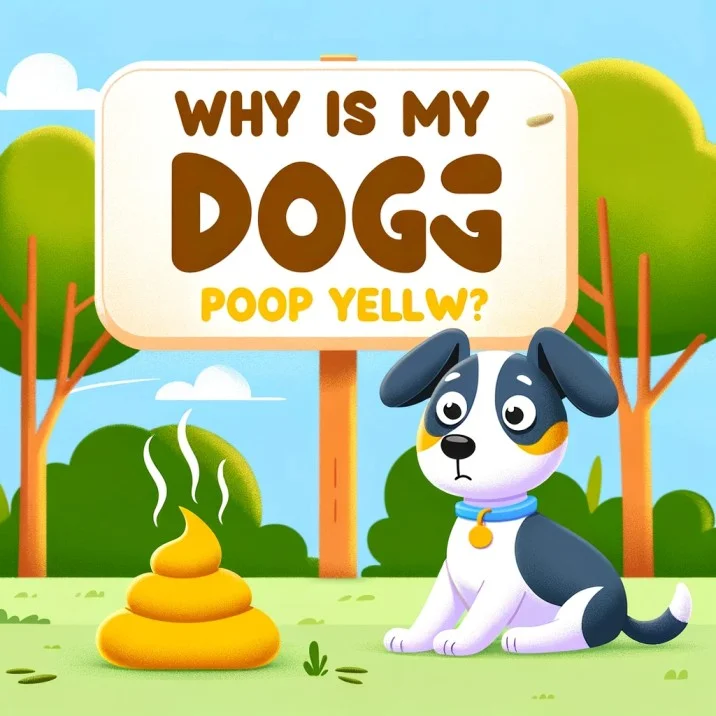
When to Be Concerned
While variations in poop color can be normal, certain signs warrant a vet visit:
- Consistency and Duration: If the yellow color persists over multiple bowel movements or is accompanied by diarrhea, it’s a concern.
- Accompanying Symptoms: Look out for signs like lethargy, vomiting, or loss of appetite.
- Sudden Changes: A sudden shift in stool color, especially if your dog’s diet hasn’t changed, can be a red flag.
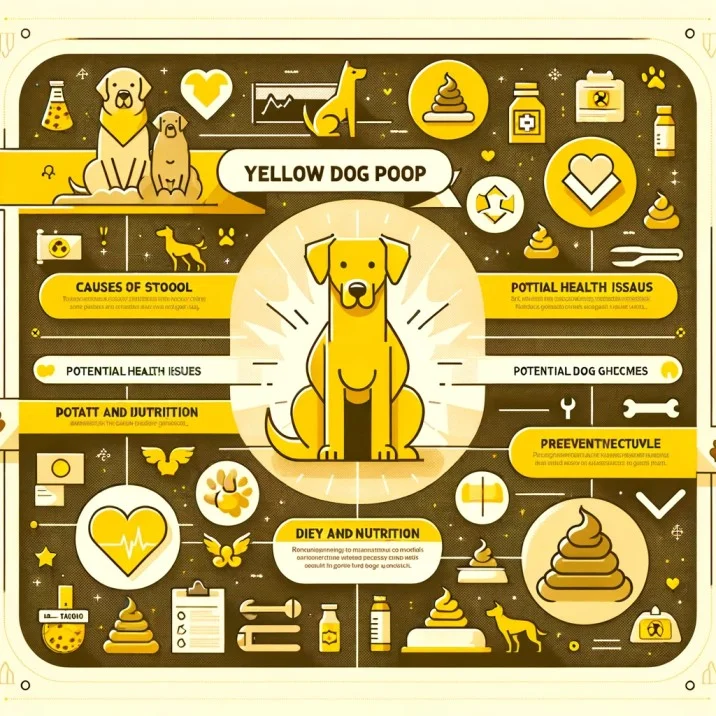
Diagnosis and Treatment
If you’re concerned about your dog’s yellow poop, a vet can provide a proper diagnosis and treatment plan:
- Diagnostic Tests: These may include blood tests, fecal exams, and imaging to pinpoint the cause.
- Treatment Options: Depending on the diagnosis, treatments can range from dietary adjustments to medications and, in severe cases, surgery.
- Home Care: Alongside medical treatment, dietary changes and ensuring your dog stays hydrated are crucial.
Preventive Measures
Maintaining your dog’s health to prevent issues like yellow dog poop involves a few key strategies:
- Diet and Nutrition Tips:
- Provide a balanced diet suitable for your dog’s age, breed, and health status.
- Avoid sudden dietary changes and human foods that can disrupt their digestive system.
- Consider a diet formulated for sensitive stomachs if your dog is prone to digestive issues.
- Regular Health Check-Ups:
- Annual vet visits for routine check-ups can catch health issues early.
- Regular blood work and fecal exams help monitor your dog’s internal health.
- Importance of Parasite Control:
- Stay up-to-date with deworming and flea control to prevent parasitic infections.
- Regularly check your dog for signs of external parasites, especially after outdoor activities.
FAQs
What does it mean if my dog’s poop is yellow?
Yellow poop can indicate a range of issues from dietary indiscretions to more serious health concerns like liver or gallbladder problems.
Is yellow dog poop a sign of illness?
While it can be, not all cases of yellow poop signify illness. Monitor for other symptoms and consult your vet if you’re concerned.
How can I tell if my dog’s yellow poop is serious?
Persistent yellow color, especially with symptoms like vomiting, lethargy, or appetite loss, warrants a vet visit.
Why is my dog’s poop yellow?
Yellow poop in dogs can be caused by a variety of factors. It could be due to something as simple as a change in diet or as serious as a health issue like liver or gallbladder problems, gastrointestinal infections, or pancreatitis. It’s also possible that your dog has eaten something that they shouldn’t have, which is affecting their digestion.
How long does yellow poop last in dogs?
The duration of yellow poop in dogs depends on the cause. If it’s a temporary dietary issue or a mild stomach upset, it might resolve within a day or two. However, if it’s due to a more serious health condition, it might persist until the condition is treated yellow poop?
Conclusion
In end, we concluded that the yellow dog poop is a key indicator that your pet may be experiencing digestive issues or different fitness issues. It can be caused by different factors, along with nutritional changes, ingestion of non-food gadgets, bile imbalance, liver or gallbladder troubles, infections, or even strain. As a responsible pet proprietor, it is critical to display your canine’s stool colour and consistency frequently, as these can provide valuable insights into their average fitness. Maintaining a balanced weight loss program, keeping harmful objects out of attain, and managing stress degrees are crucial steps in stopping digestive issues. If yellow poop persists or is observed by using different symptoms which include vomiting or lethargy, or urge for food, seeking veterinary recommendation is critical. Early intervention can assist deal with any underlying issues, making sure your dog stays glad, wholesome, and snug.
